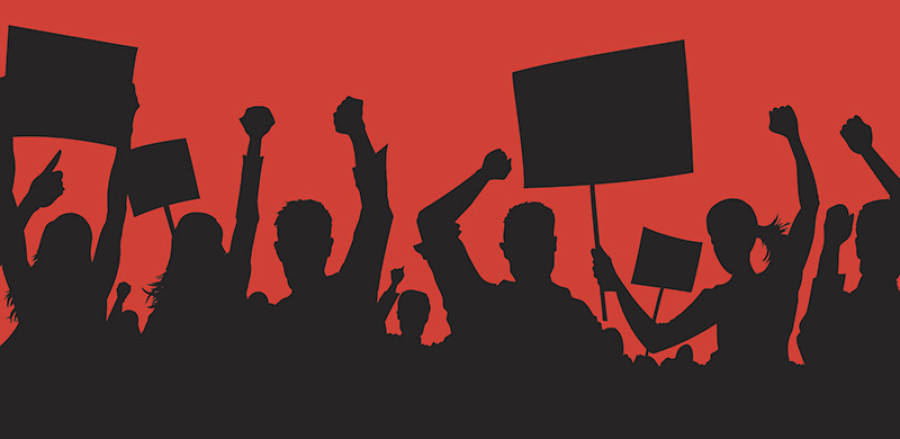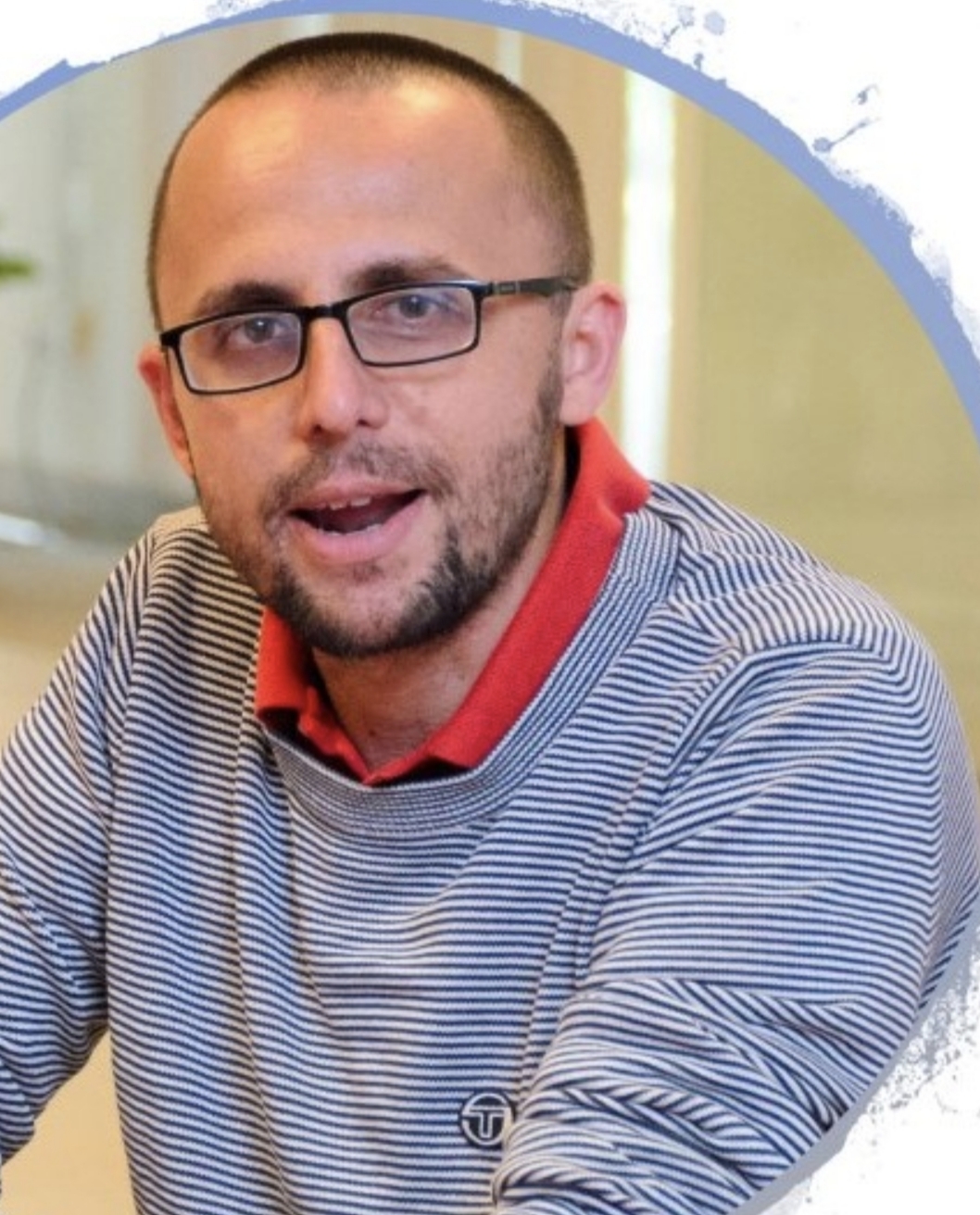Opinion
Make way for us
Democracy will only work when citizens assert their right to join in local governance
Simone Galimberti
Reading the national newspapers, you start to get a sense of the frustration felt by many citizens towards the newly elected local administrations: They have been falling short of their campaign promises. No one should actually be surprised; the job of running a local administration is never easy. Those thinking that local elections would change for the better the way governance is implemented locally were simply too naïve. The fact that we can now count on elected representatives is certainly a very positive development, but change will only happen if citizens manage to keep a delicate balance between pressuring and cooperating with local authorities.
We need to try our best to ensure that the maximum level of accountability and transparency is maintained when dealing with public resources. Anti-corruption efforts should be expanded by strengthening the mandate of the Commission for the Investigation of Abuse of Authority (CIAA). This will be possible only if there is strong political will from the entire political spectrum, meaning that the leaders of the three major political parties should take the issue very seriously.
In some countries in Central America, we have seen the emergence of ad hoc anti-corruption institutions supported by the international community. The International Commission against Impunity in Guatemala (CICIG), which is run by the UN, and the Mission to Support the Fight against Corruption and Impunity in Honduras (MACCIH) in Honduras, which is run by the Organisation of American States, are the final outcome of public outrage and desperation. Such was the level of disgust against the highest figures of these countries that local protests against corruption almost turned into a revolt and forced the establishment into accepting such unique initiatives.
People’s voice
In Nepal, despite weeks of protests against corruption in medical colleges, there is no chance of achieving the momentum that will replicate the experience in Central America. Indeed, the onus is on citizens to put pressure on their locally elected representatives to display accountability.
Around the world, there are a few initiatives that remind us of the importance of truly living and promoting democracy. Every year, September 15 is celebrated as International Day of Democracy following the approval of Resolution 62/7 by the UN General Assembly. The Community of Democracies, a loose network of likeminded nations headquartered in Warsaw, Poland, share the same democratic values and practices. They work to promote best practices to ensure that the ‘return’ on democracy can be felt and experienced by common citizens. In 2013, the Community of Democracies issued the Ulaanbaatar Declaration that emphasised the role of education for democracy.
Last September, US Secretary of State Rex W Tillerson hosted the ninth ministerial meeting of the Community of Democracies in Washington, DC. Nepal was invited to attend the meeting, but it is not part of the main decision-making body, the Governing Council. Why not make membership in the Governing Council a top priority for Nepal’s future federal government? Let’s be clear; becoming a member of the Community of Democracies won’t bring tangible impacts in Nepal, but it would send a strong message that the government is serious about democracy. Ultimately, democracy will have an impact on our lives only if people decide to step forward and play an active role.
We should not forget that elected democracy can co-exist with forms of direct democracy where citizens have a voice beyond the election ballot. And this is the reason why the Institute for Democracy and Electoral Assistance (IDEA) recently published the Global Passport to Modern Direct Democracy as a toolkit to promote citizens’ participation in the local democratic process. National and international NGOs too can help to ensure people’s participation in local decision-making besides keeping elected officials accountable. At the same time, they must also go beyond the traditional logic of developmental assistance with its short-term focus.
Pressure from the bottom up
What will happen once the funding is over? Here, we need to be creative not only to create momentum and keep it up, but to generate interest and truly facilitate the level of engagement of the citizenry. Meanwhile, organisations like Freedom Forum and Accountability Lab have been proving to be very useful in promoting high standards of good governance in the country. These organisations, together with hopefully a new crop of informal but active citizens’ groups, should be provided support and encouragement. While the former will offer technical expertise and professionalism, it is imperative to have thousands of grassroots-level ‘democracy enhancers and promoters’.
The creation of new political parties stemming from people’s desire for change is surely positive, but we need to ensure that all actors and players, including the old ones, embrace a new focus on civic engagement. Sadly in Nepal, we do not yet fully understand the potential of the right to information (RTI). If truly and extensively applied, RTI can greatly enhance the transparency level of local government. The National Information Commission, the guardian of RTI, should be supported in all possible ways. Till a few years ago, the Campaign for the Right to Information was very active and did a great deal of work to spread the people’s right to information.
It is high time the campaign was resuscitated and promoted as a mass movement at the national level. Democracy won’t work only because we have elected officials in place. It will deliver only through a mix of responsible, ethical decision-making by the elected representatives and the active participation of the people, acting as custodians of democracy and claiming not only their right to information but also their right to actively participate in the process of local governance.
- Galimberti is the co-founder of Engage, an NGO partnering with youths living with disabilities




 9.6°C Kathmandu
9.6°C Kathmandu










